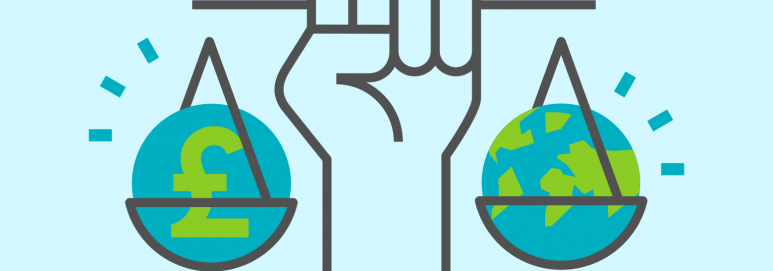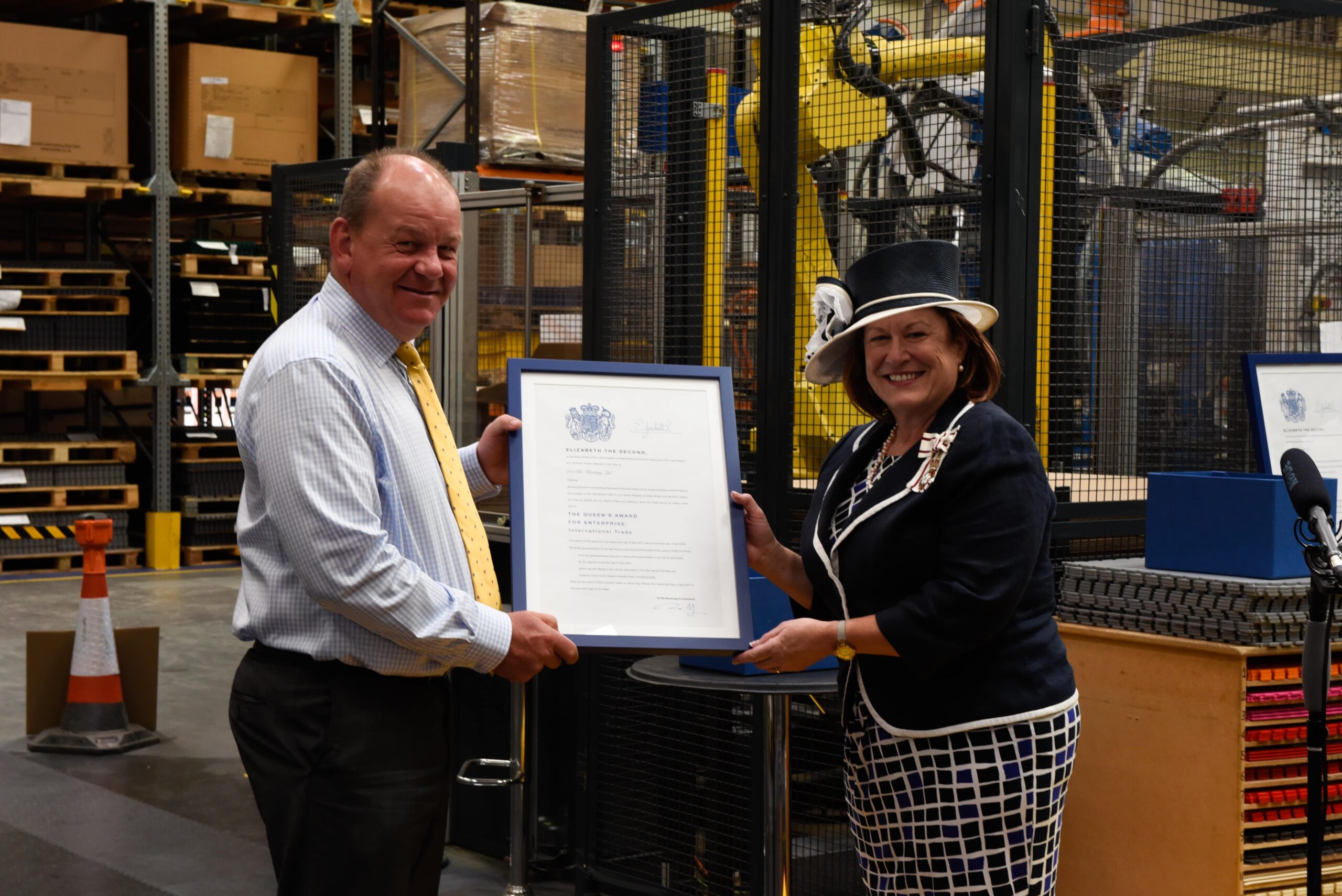
The COVID-19 situation is a global concern, with public health systems and national economies under increasing pressure from the impact of the virus.
There’s no point writing about the current and developing situation regarding Coronavirus, as soon as you finish a sentence it’s out of date. But it is worth considering the long term implications of this global catastrophe and how it might permanently change the way we live and work.
Supply chains
COVID-19 and our response to it has thrown in to sharp focus our reliance on freight companies and distribution networks to bring us the things we need. On a personal level we are all worried about having enough food, medicines and toilet roll to get through the crisis and many manufacturers that we need to maintain production of medical equipment etc. are struggling to source essential components. Will we see a move away from importing our food to trying to grow more of it ourselves? People with allotments or who grow fruit and veg in their gardens are looking pretty intelligent right now. Growing more of our food in the UK also reduces the carbon foot print associated with importing food which was a growing concern even before Coronavirus hit.
From a commercial perspective, a lot of companies have started looking for UK suppliers of the components they need. Paying a bit more for security of supply and short lead-times has now become justifiable. When you add in the reduction in environmental impact and the benefits of supporting local manufacturers and communities it is also desirable. We are always going to need to import some products and trade with the rest of the world, as Ecotile exports almost 50% of our output we certainly wouldn’t want that to change! It is likely however that we will see a rebalancing of the global economy and that factors other than price will be weighed up when deciding whether to import what we need.
Remote working
How many people will continue to work from home a couple of days a week or even most of the time once this is over? Many of the big corporations have been encouraging this trend for a while as they can reduce their office space and overheads. Obviously hotdesking, if it means sharing computers and phones etc. is completely out of the question, but if staff are given their own equipment to use whether they’re in the office or at home many people may choose to continue to do this. If so it will require a huge investment in our fibreoptic infrastructure by internet service providers and the government as this crisis has highlighted how slow and unreliable it is in many areas. Most would agree it would be money well spent though as fewer workers commuting would benefit the environment.
However, many people prefer to work at a separate location from where they live as they enjoy the camaraderie with colleagues and working from home can blur the boundaries between work time and leisure time which isn’t good for our mental health. As we’ve seen with the roll-out of work mobile phones, many bosses think if you can receive a work email at 22.00 you should answer it at 22.00 so employees never feel they can “switch off”. Again we are likely to see a shift towards a greater number of people working from home rather than 100% adoption and of course it isn’t even an option for NHS staff, delivery drivers and warehouse operatives to name but a few.
Travel
Even before the event of COVID-19, a growing concern was the impact commercial and leisure travel was having on the environment. Greta Thunberg travelled to address the UN on climate change in a zero carbon yacht but this isn’t practical or even possible for the rest of us. Depending on how long this situation lasts we could be left with a tiny number of airlines in comparison with what we have today. Inevitably prices would go up and flying may once again become the preserve of the rich and privileged. But will we want to travel to the extent that we have done recently. Travel agents reported huge numbers of cancellations of holidays to Europe and beyond but hotels and B&Bs in the UK saw a 30% increase on Easter bookings in comparison with last year. The devastation Coronavirus is inflicting on all communities of all ages is making us feel extremely vulnerable and frightened. Staying at home is not just necessary to restrict the transmission of the disease, it’s what many people want to do to feel safe. In the same way that there is a shift away from globalisation in our supply chains we are all retreating in to our countries and local communities and families. The USA, Canada and Mexico have all closed their borders. Even countries within the Schengen area in Europe have closed their borders to one another. This will have a profound psychological effect on many populations and it is likely to take a while for us to recover. The concern is that it will result in a negative kind of nationalism, if that happens the effects of COVID-19 will be even longer lasting and damaging than we imagine.
Community Spirit
Despite the depressing images of shoppers fighting over toilet roll and dried pasta in supermarkets there has in fact been a very positive side-effect of this horrible disease. Numerous groups have sprung up on Facebook and WhatsApp to ensure healthy and mobile people can help the elderly and vulnerable with shopping, prescriptions and anything else they require. Neighbours who have lived in close proximity for years without speaking are now working together to make sure no one is isolated or going without the things they need. These thousands of daily acts of kindness help to restore faith in our humanity.
Conclusion
This article just scratches the surface of what kind of world we might emerge to; the relationship between the individual and the state, the role of markets, the function of fiscal policy and monetary policy and the nature of employment will all be up in the air. If there is one thing we know it is this: we won’t be returning to the old norms, we are entering a new world.

CEO and founder James Gedye has established Ecotile as the leading provider of interlocking floor tiles to the UK and around the world. Founded in 1996 from his bedroom turned office, James has built Ecotile into a multi-million-pound business, with sustainability still at the heart of his vision.
Based in Luton, Bedfordshire, Ecotile remains a privately owned UK manufacturing company, precision engineering all products in a purpose-built ISO accredited factory.
Leading the company to 2 prestigious Queens Awards in 2017 for Enterprise for Innovation and International Trade, these accolades underline James’ desire to create the highest quality products and fly the flag for British manufacturing. Working directly with leading businesses for over 25 years, James’ Ecotile brand has become synonymous with trust.
Used by 1000s of leading businesses, trusted by the MoD and specified by contractors, Ecotile floor tiles can be found across the world.
Connect or follow James on LinkedIn…

